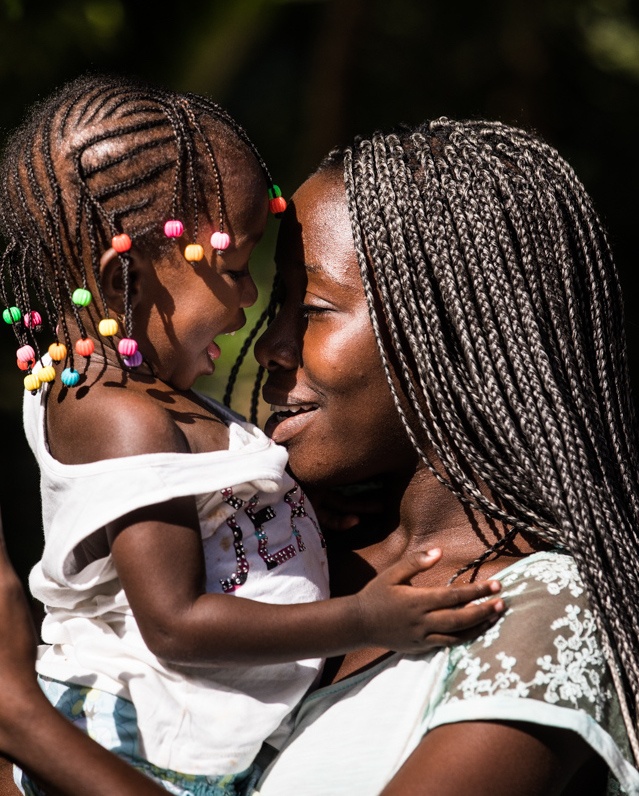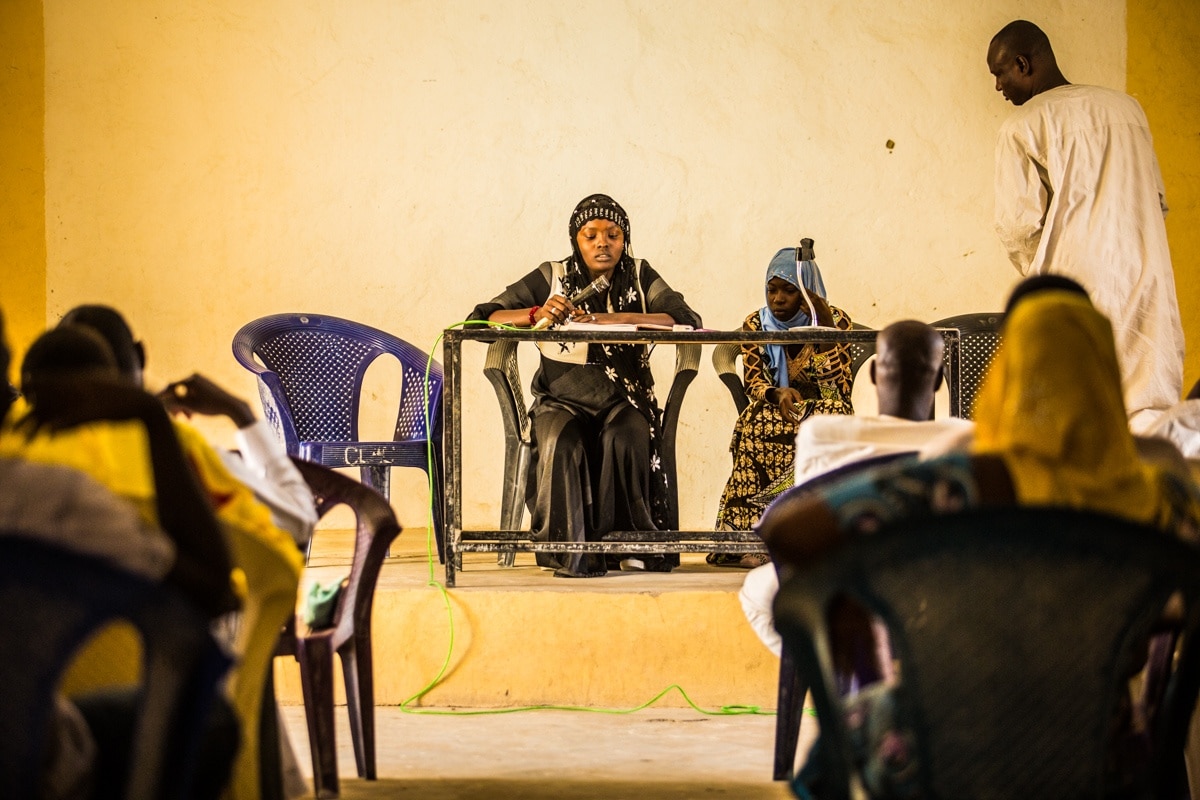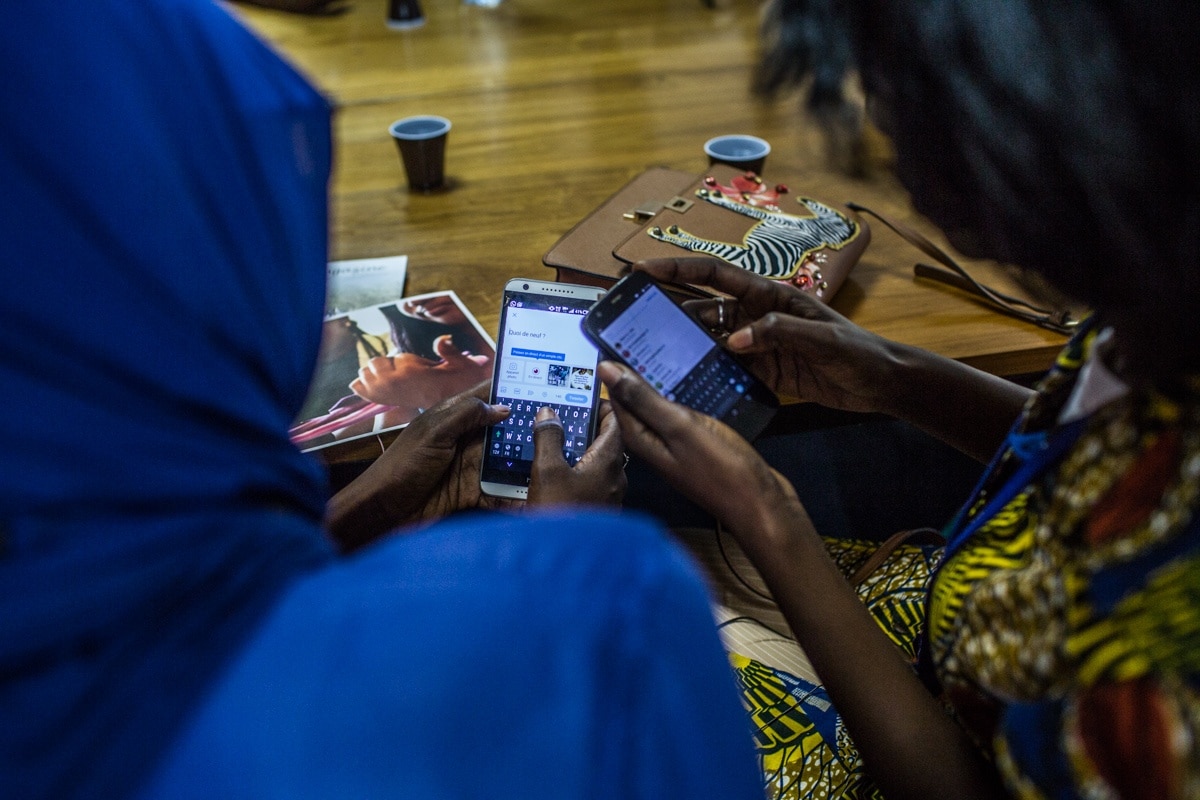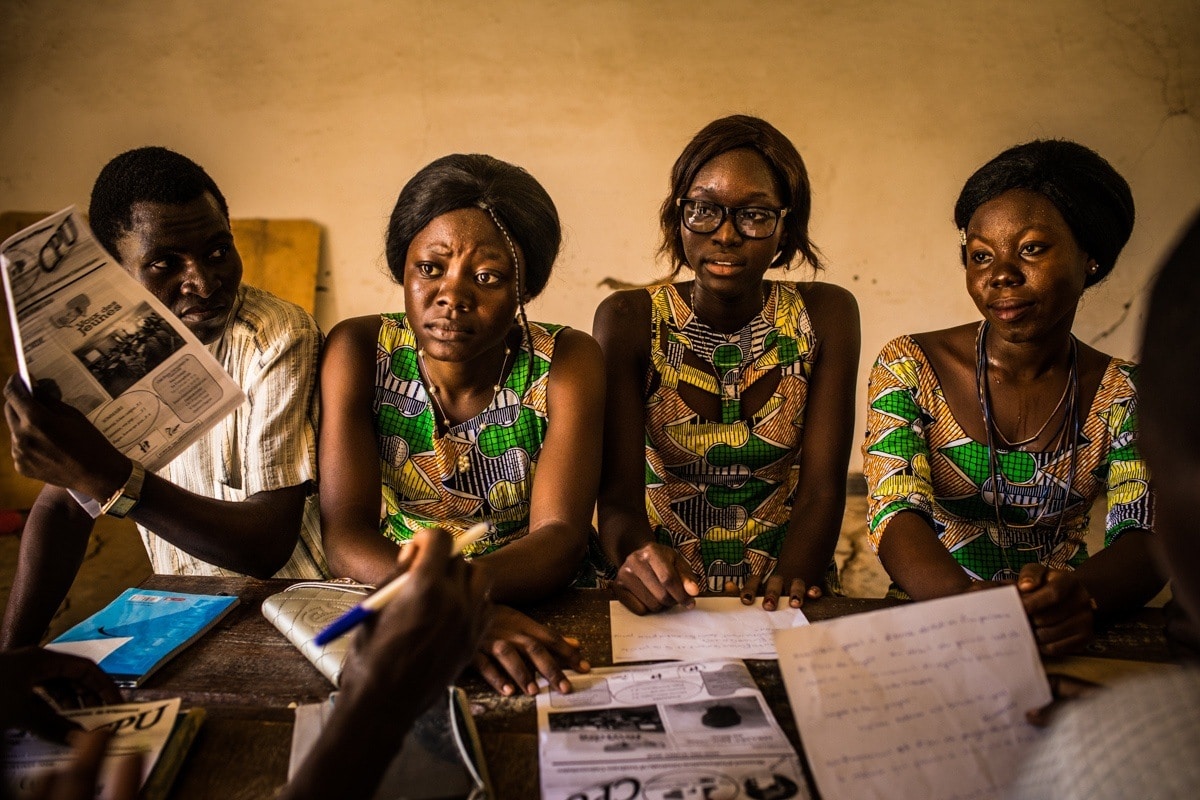POLICIES AND STRATEGIES
Ensuring sustainable results by focusing on proven, cost-effective and documented interventions.

priority issues
The French Muskoka Fund is taking action on the political, strategic, planning and directive front by:
– Supporting countries’ national health policies and plans to give local authorities more responsibility through the provision of reliable processed data.
– Consolidating the follow-up, reporting and assessment of the recommendations made and interventions implemented.
– Documenting the implementation and results of the strategies and actions developed, thereby helping to improve aid effectiveness.
– Assisting with the production and dissemination of regional plans and standards, thereby helping to improve health policies.
activities
Producing objective evidence by analyzing and tracking actual facts.
Taking part in operational research with national decision-makers through the provision of information and evidence.
Identifying and documenting best practices to help promote their deployment at a regional level.
Strategies
implemented
MOBILIZATION
Participation in the “Every Newborn” action plan developed as part of the global strategy for woman and child health.
- Support for high-impact interventions relating to pregnancy and childbirth (essential care for newborns and for sick or underweight newborns, newborn resuscitation, prevention and management of severe infections).
- Educating health departments and their partners about the seriousness of the situation and guiding them to the action needed by organizing an inter-agency regional forum in 2016. 123 participants from 17 West and Central African countries (representatives from health departments, United Nations agencies, the West African Health Organization, the main international sponsors (USAID and BMGF), professional bodies, international NGOs (Jhpiego and Save The Children) and scientists from different disciplines) were in attendance. At the end of the forum, each country developed an action plan setting out the next steps.
- Promoting community health as a way to combat maternal and child mortality at a conference on the institutionalization of community health systems in 2017. Definition of ten principles to guide and strengthen community health programs and position them as essential links in the health care chain, in line with a systemic and participative approach to service provision.
COORDINATION
Improving aid effectiveness and avoiding duplication
-
Based on lessons learned by the French Muskoka Fund, the introduction of a regional coordination mechanism (task force) to evaluate newborn and maternal health, bringing together representatives from agencies and regional professional bodies: UNAPSA (Union of National African Paediatric Societies and Associations), APANF (Association of pediatricians from French-speaking black Africa), SAGO (African Society of Gynecologists and Obstetricians) and technical and financial partners.
NATIONAL STRATEGIC DOCUMENTS
Development of the “Every Newborn” guide, focused on quality of care and setting out the different steps to be taken.
-
Creation of an action plan for six of the Muskoka countries, with Benin and Guinea having opted to include these interventions in their reproductive, maternal, newborn, child and adolescent health plan.
-
Assistance with drawing up community health policy documents for each Muskoka country, legitimizing the health provision role of community health workers, helping to institutionalize community health systems and fostering greater involvement and coordination by governments and technical and financial partners.
-
Organization of a regional inter-agency workshop on the quality of care in 2017, leading to the drawing up of plans to improve the quality of care for mothers and newborns in all countries involved.
DISSEMINATION OF STANDARDS AND GUIDELINES
Dissemination and practical application of WHO standards and guidelines at regional meetings.
- Dissemination of new WHO guidelines on the administering of prenatal care and STI treatment at a regional workshop in 2016 with 93 participants from 20 countries, 8 of them Muskoka countries.
- In 2017, a presentation to participants from 15 countries, 8 of them Muskoka countries, on WHO standards for maternal and newborn health and on the quality of care evaluation and improvement tool that led to the drawing up of action plans.
- Collaboration with the African Society of Gynecologists and Obstetricians to disseminate new recommendations on contraception, maternal deaths surveillance and response, and the quality of reproductive, maternal, newborn and child health services. At the African Society of Gynecologists and Obstetricians Conference held every two years, 1,500 health professionals were briefed on these issues.
SOME OF OUR ACCOMPLISHMENTS
The French Muskoka Fund focuses efforts by key stakeholders (governments and development partners) on SRMNCAH-N through the creation and strengthening of concertation frameworks.
Benin, Cote d’Ivoire, Guinea and Mali: Thanks to the French Muskoka Fund, a guide to developing the “Every Newborn” plan was drawn up, focused on quality of care and setting out the different steps to be taken: high-impact interventions relating to pregnancy, childbirth (maternal mortality and stillbirth) and newborns (including essential newborn care such as premature and exclusive breastfeeding, newborn resuscitation (asphyxia), essential care for sick or underweight newborns such as kangaroo mother care, and the prevention and management of severe infections).
In Muskoka recipient countries: assistance was given with drawing up community health policy documents so that all Muskoka countries now have at least one community health framework document legitimizing the right of community health workers to provide appropriate care, diagnosis and treatment.

Les pays
Contact us
To contact us, complete the form below and we will get back to you as soon as possible.





